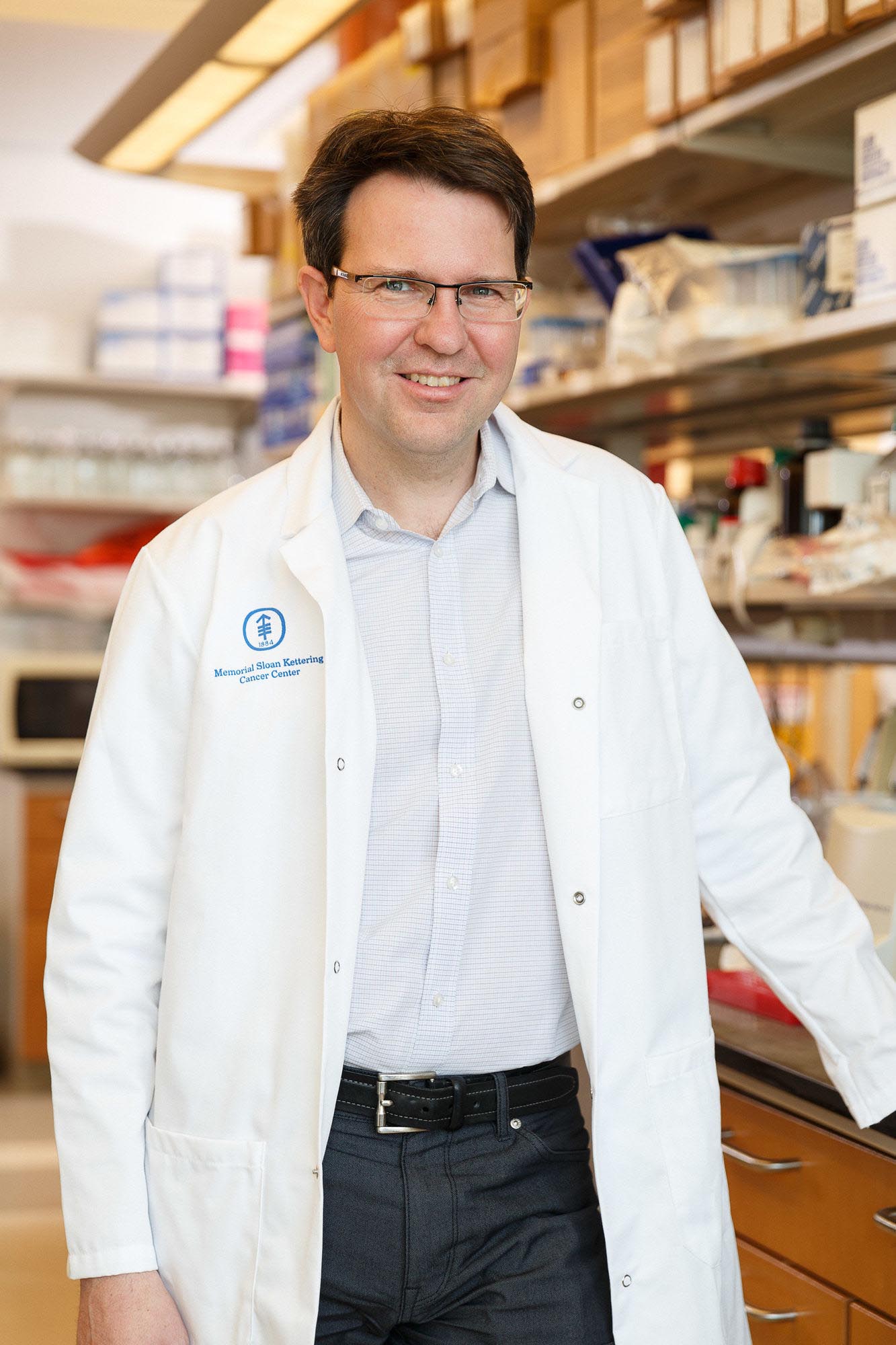Call Now Open
2026 Oxford-Harrington Rare Disease Scholar Award

Oncology, Rare/Orphan, Virology
Blocking MYC Protein Production in Cancer
2022 Harrington Scholar-Innovator
More than ten years ago, a research team led by Dr. Hans-Guido Wendel learned of the intriguing anti-cancer and antiviral properties of Silvestrol, a compound produced by the tropical Aglaia foveolata tree. The compound protects the tree against various pests. Dr. Wendel's lab demonstrated that it halts cancer growth—and showed how—leading to insights for novel drug development.
Silvestrol acts as a specific inhibitor of the RNA helicase, Eukaryotic Translation Initiation Factor eIF4A, an enzyme implicated in aberrant translation of protein mRNA. Increased activity of the enzyme contributes to aggressive cancers, such as pediatric neuroblastoma (NB), leukemias and brain cancers, and small cell lung cancer in adults.
Specifically, the production of a common and well-known cancer growth driver, a protein called MYC (pronounced “mick”), depends on eIF4A. The Wendel lab team hypothesized that targeting MYC by blocking its production would stop cancer growth quickly, so they began testing Silvestrol analogs.
“It was surprising to find such strong activity against cancer cells targeting mRNA translation,” Dr. Wendel says. “Previously, little thought had been given to stopping cancers by blocking production of the MYC protein.”
With the support of Harrington Discovery Institute, Dr. Wendel and his team are working to optimize the medicinal chemistry of Silvestrol analogs.
“Results of our initial eIF4A inhibition studies in cell culture and mouse models have been very exciting,” he says. “Our Harrington team has developed a highly creative IND-plan for making patentable compounds that have high affinity for the target. This is a great mechanism against many MYC-driven cancers such as lymphoma, neuroblastoma, and others.”